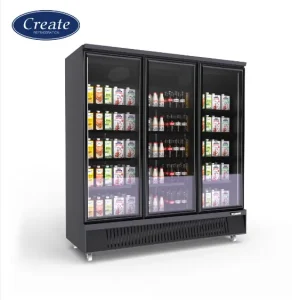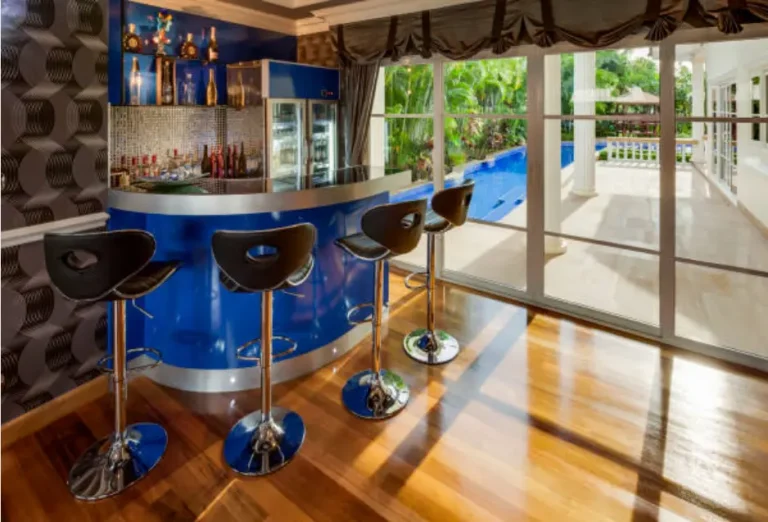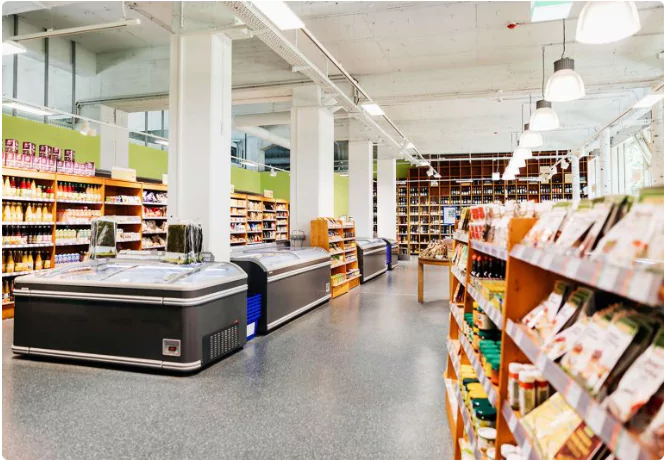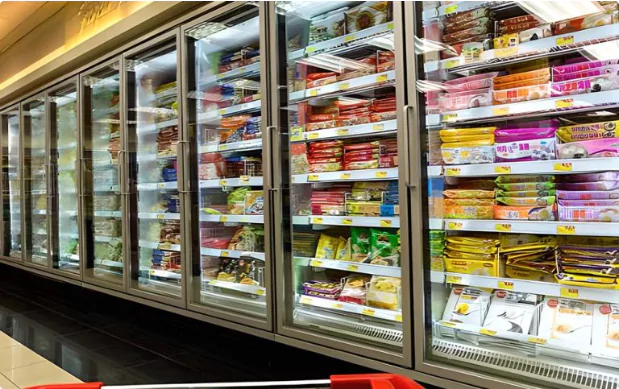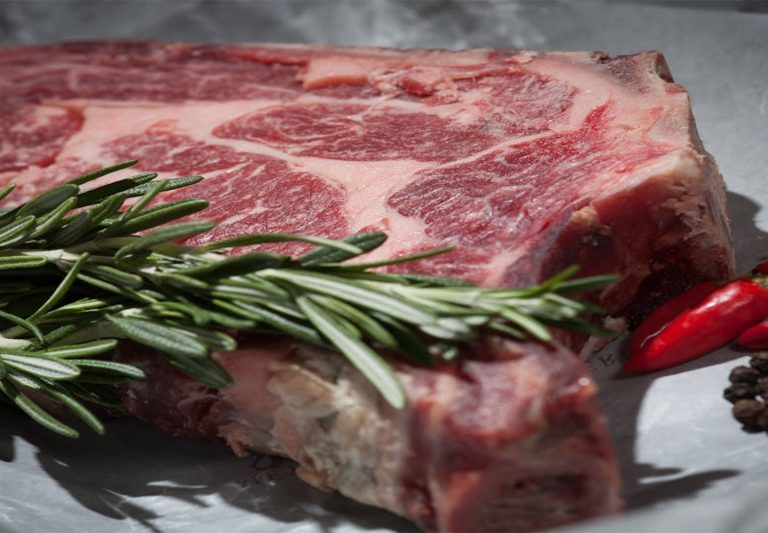Temperature regulation in commercial refrigerators is a pivotal aspect of food safety and quality assurance. Maintaining the appropriate temperature ensures that perishable goods remain fresh, reducing the risk of spoilage and contamination. This not only protects consumers but also upholds the reputation of businesses relying on these refrigeration systems.
The Role of Temperature in Food Preservation
Temperature plays a critical role in inhibiting the growth of bacteria and other pathogens in food products. By keeping temperatures within a specific range, commercial refrigerators effectively slow down the decomposition process, preserving both the taste and nutritional value of stored items. This is especially vital for businesses dealing with large volumes of perishable goods, such as grocery stores and restaurants.
Regulatory Standards for Commercial Refrigeration
Compliance with regulatory standards is essential for any business operating commercial refrigeration units. These standards are set to ensure that food products are stored at safe temperatures, minimizing health risks. Businesses must adhere to guidelines established by authorities to avoid penalties and ensure consumer safety.
What is the Optimal Temperature Range for Commercial Refrigerators?
Determining the optimal temperature range for commercial refrigerators is crucial for maximizing efficiency and product longevity. While specific requirements may vary depending on the type of goods being stored, maintaining a consistent range is generally advisable.
Recommended Temperature Settings
For most commercial refrigerators, it is recommended to maintain temperatures between 35°F (1.6°C) and 38°F (3.3°C). This range helps prevent bacterial growth while ensuring that products do not freeze or deteriorate prematurely. Implementing reliable refrigeration equipment, such as those offered by Create Refrigeration, can aid in achieving these settings consistently.
Factors Influencing Temperature Control
Several factors can influence temperature control within a commercial refrigerator, including ambient room temperature, door usage frequency, and unit maintenance. To combat these variables, it’s essential to invest in high-quality equipment like Commercial Multiple Upright Glass Door Supermarket Freezer/Refrigerate For Beverages 3 Doors that offers robust insulation and efficient cooling systems.
How Can You Ensure Accurate Temperature Monitoring?
Accurate temperature monitoring is key to maintaining optimal conditions within your commercial refrigerator. Employing advanced tools and technologies can help you achieve precise control over your refrigeration environment.
Tools and Technologies for Monitoring
Modern refrigeration systems often incorporate digital thermostats and sensors that provide real-time temperature readings. These technologies allow you to monitor conditions remotely and receive alerts if temperatures deviate from set parameters. Utilizing such tools ensures that your refrigeration units operate efficiently at all times.
Regular Maintenance Practices
Routine maintenance is essential for ensuring that your commercial refrigerator functions correctly over its lifespan. Regularly inspecting components such as seals, fans, and compressors can help identify potential issues before they lead to significant problems. Partnering with an OEM service provider can also offer tailored solutions to enhance your refrigeration system’s performance.
By prioritizing temperature regulation through proper equipment selection, adherence to standards, and diligent monitoring practices, you can safeguard the freshness and safety of your refrigerated goods effectively.
What are the Consequences of Improper Temperature Management?
Improper temperature management in commercial refrigerators can have significant repercussions, affecting both food safety and business reputation. Understanding these consequences is crucial for anyone involved in the food service industry.
Risks to Food Safety and Quality
When temperatures deviate from the recommended range, it creates an environment conducive to bacterial growth, leading to food spoilage and potential health risks. This not only compromises the quality of the products but also poses serious threats to consumer safety. Businesses must ensure their refrigeration units maintain consistent temperatures to prevent these risks and preserve the integrity of their goods.
Legal and Reputational Impacts
Failure to adhere to proper temperature management can result in legal consequences, including fines and penalties from regulatory bodies. Furthermore, incidents related to foodborne illnesses can damage a brand’s reputation, leading to loss of customer trust and revenue. By maintaining optimal refrigeration conditions, businesses can protect themselves from legal issues and uphold their reputation in the market.
How Does Choosing the Right Equipment Enhance Performance?
Selecting the appropriate commercial refrigerator is integral to achieving efficient performance and ensuring product safety. The right equipment not only meets operational needs but also supports long-term business success.
Features to Look for in a Commercial Refrigerator
When choosing a commercial refrigerator, consider features such as energy efficiency, temperature consistency, and robust insulation. Advanced models may offer digital controls and monitoring systems that provide precise temperature regulation. Investing in high-quality equipment ensures reliable performance and minimizes maintenance costs over time.
Customization Options through OEM Solutions
OEM (Original Equipment Manufacturer) solutions provide opportunities for customization tailored to specific business requirements. By collaborating with an OEM provider like Create Refrigeration, businesses can design refrigeration systems that align with their unique operational demands. Customized solutions enhance efficiency and adaptability, allowing businesses to optimize their refrigeration processes effectively.
In conclusion, effective temperature management in commercial refrigerators is vital for maintaining food safety and quality while safeguarding business interests. By understanding the importance of proper temperature control, selecting suitable equipment, and exploring customization options through OEM partnerships, you can ensure your refrigeration systems deliver optimal performance consistently.
What Steps Can You Take to Optimize Your Refrigerator’s Performance?
Optimizing the performance of your commercial refrigerator involves a combination of strategic usage practices and leveraging expert resources. By focusing on these areas, you can ensure that your refrigeration units operate efficiently and effectively.
Implementing Best Practices for Usage
To maximize the efficiency of your commercial refrigerator, consider implementing best practices in its daily operation. This includes minimizing the frequency of door openings, which helps maintain a stable internal temperature and reduces energy consumption. Organizing stored items to allow for adequate air circulation is also crucial, as it prevents temperature fluctuations that could compromise food safety.
Regularly checking and cleaning components such as gaskets, coils, and fans ensures they function optimally. This not only prolongs the lifespan of your equipment but also enhances its cooling capabilities. Additionally, calibrating thermostats periodically guarantees accurate temperature readings, which are essential for maintaining the ideal environment for perishable goods.
Leveraging Expert Support and Resources
Engaging with industry experts can provide valuable insights into maintaining optimal refrigeration conditions. Partnering with a reputable service provider like Create Refrigeration offers access to specialized knowledge and tailored solutions that enhance your equipment’s performance. These experts can assist in identifying potential issues before they escalate, ensuring your refrigeration units remain reliable over time.
Furthermore, exploring OEM (Original Equipment Manufacturer) solutions can offer customized options suited to your specific operational needs. By collaborating with an OEM provider, you can design refrigeration systems that align with your business requirements, optimizing both efficiency and adaptability.
Final Thoughts on Maintaining Optimal Conditions in Commercial Refrigerators
Maintaining optimal conditions in commercial refrigerators is integral to ensuring food safety and preserving product quality. By implementing best practices for usage and leveraging expert support, businesses can enhance their refrigeration systems’ performance significantly.
Adhering to recommended temperature settings is crucial for inhibiting bacterial growth and preventing spoilage. Investing in high-quality equipment like the Commercial Multiple Upright Glass Door Supermarket Freezer/Refrigerate For Beverages 3 Doors ensures robust insulation and efficient cooling systems that maintain consistent temperatures.
By prioritizing regular maintenance and exploring customized solutions through OEM partnerships, businesses can safeguard their reputation while delivering fresh and safe products to consumers consistently. These efforts not only protect consumer health but also contribute to long-term business success by minimizing risks associated with improper temperature management.


